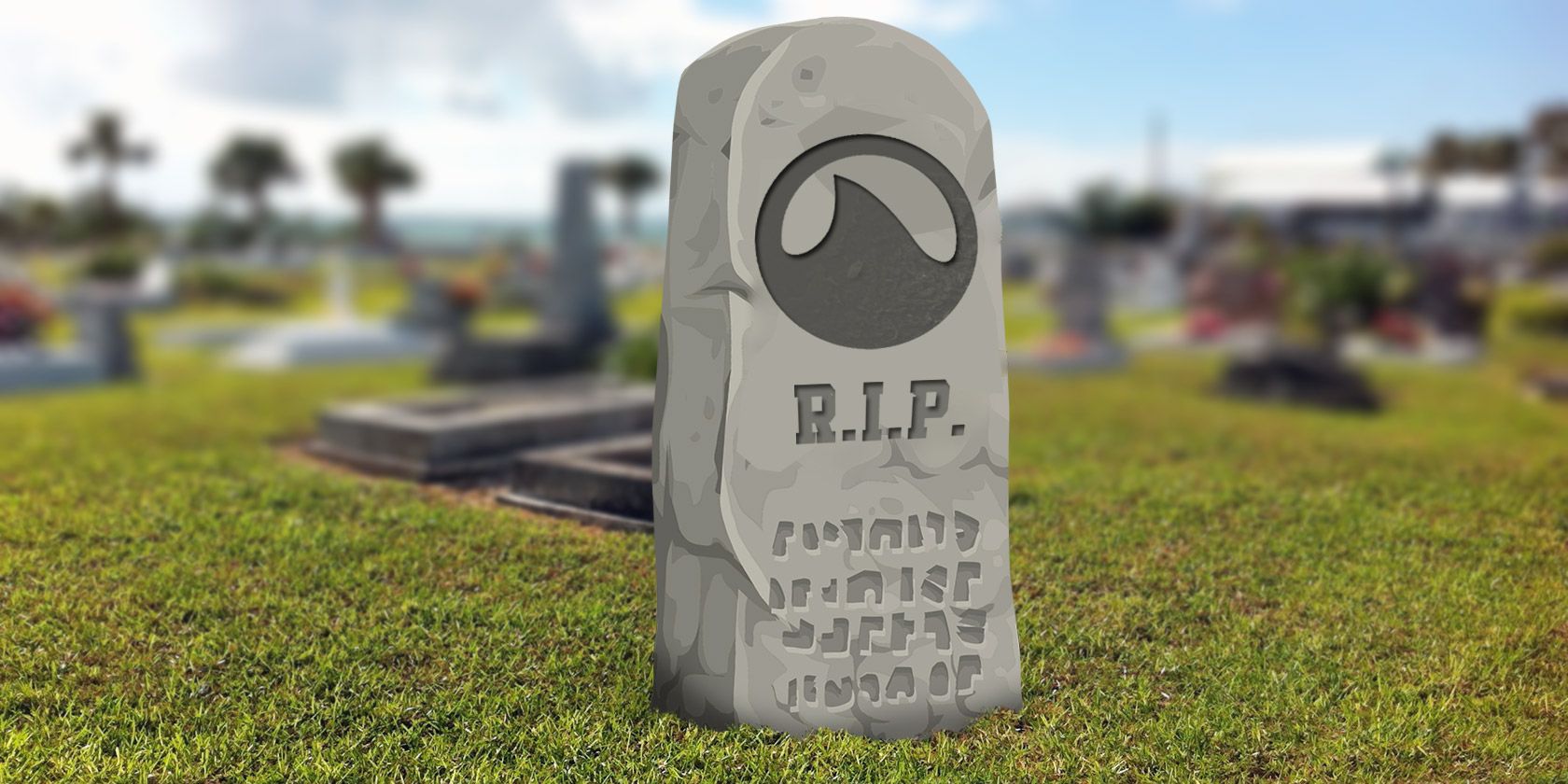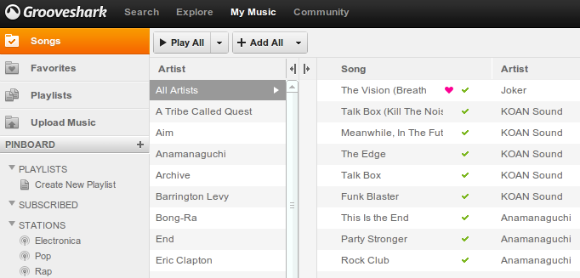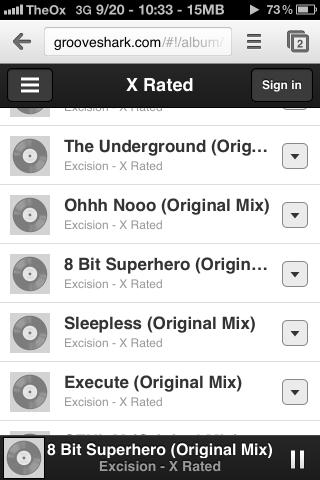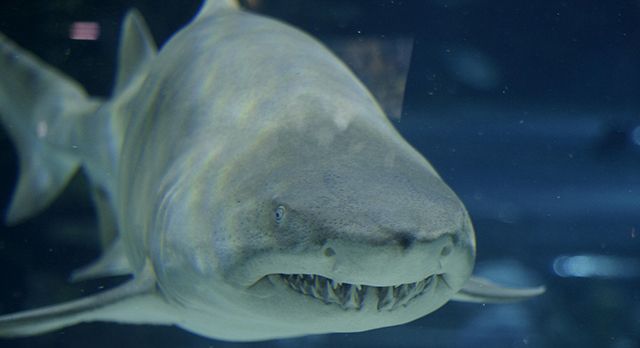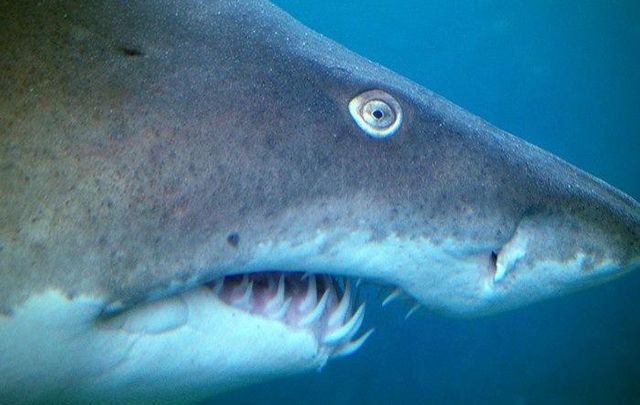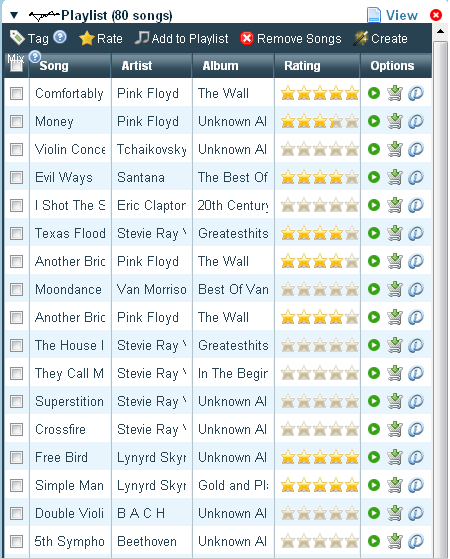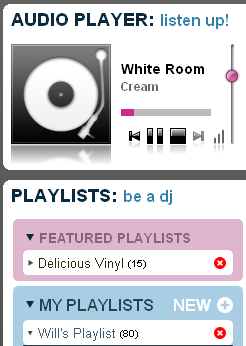Grooveshark is dead. Killed after 10 years by record labels baying for blood.
The music streaming service famously offered free streaming of seemingly every song, and infamously did so without licenses. It's kind of surprising the site stayed online as long as it did – it took until April 30, 2015 for the site to be taken offline entirely, after nearly a decade of controversy.
As of now, would-be users are treated to a message instead of music:
We failed to secure licenses from rights holders for the vast amount of music on the service. That was wrong. We apologize. Without reservation. - message on the Grooveshark.com homepage
It's quite a statement, considering the history of the company. As recently as 2012, its CEO argued all music should be free, suggesting artists focus on concert revenue instead:
It’s clear that in ten years, the incentives are going to align so that music should be free, because it’s going to sell everywhere else. -Grooveshark CEO Sam Tarantino
Well, it's now 2015 and the streaming generation is well established, but it's services like Pandora and Rdio – both of whom pay royalties to artist and labels – that are leading the pack.
How did Grooveshark stay alive so long? And what does its closure mean for users? Let's take a look.
What Was Grooveshark?
In its most recent incarnation, Grooveshark was a website offering free streaming music. You could head to the site, search for any artist, album or track, and basically start playing what you wanted right away.
A mobile app was briefly available, but ultimately removed from both Apple's App Store and Google Play. To get around these restrictions, Grooveshark created an HTML5 version of their site that mobile users could open in any browser.
There was a lot to like about Grooveshark. You could play whatever songs you wanted, including a lot of stuff not offered on other streaming services. If you couldn't find a particular song, but had it on your computer, you could upload it – meaning Grooveshark was a sort of YouTube for music.
Why Did Grooveshark Shut Down?
Of course, in its early days, YouTube itself was full of pirated content – something that prompted more than a few lawsuits. This is why YouTube today has a filter to catch unauthorized uploads of protected movies and TV shows, along with a number of other (controversial) tools for rights holders to remove videos from the site.
Grooveshark didn't implement anything like this. If a record company specifically requested a recording be taken down, they'd comply – all that's necessary under the Digital Millennium Copyright Act (DCMA).
But once music was taken down, it would reappear on the site quickly – sometimes within hours. Grooveshark argued it was the users that were re-uploading the music, and that it wasn't Grooveshark's responsibility to take the music down again without another takedown request. This meant that, for record companies, keeping their music off of Grooveshark meant playing a neverending game of whack-a-mole.
This was the status quo for a long time, until internal emails revealed at least some Grooveshark staff were uploading music themselves.
Basically, Grooveshark shut down because it was a streaming piracy service. That's a claim Grooveshark denied for a long time, but now makes explicit in the mea culpa published on its home page.
If That's True, Why Didn't Grooveshark Die Sooner?
That's a good question. The answer is simple, according to music industry consultant Mark Mulligan.
"Good lawyers, basically," Mulligan told The Atlantic, adding that it took the labels "time to be able to make the case." He added:
Ultimately, they were always going to get there, but the complexity of copyright law almost always means that these cases can take a huge amount of time. -Mark Mulligan
Grooveshark was very good at exploiting the gray areas in the law – and the legal system's endless series of appeals – in order to stay online. But that couldn't possibly last forever.
So What Happens to the Users?
Basically, they're screwed. Grooveshark is completely gone, and it's not coming back. The record labels now own the service, and it's highly unlikely they'll bring it back in any form that resembles what the site was – if Jay Z's Tidal is any indication, the industry sucks at running streaming sites.
However, if you were a longtime Grooveshark user, it might be possible to get at least something back. GrooveBackup [Broken URL Removed] aims to provide you access to your playlists, but reports of this working are mixed at best.
Assuming you haven't cleared your browser's cache in a while though, there's another thing you can try:
What Did Early Grooveshark Look Like?
MakeUseOf profiled Grooveshark way back in 2008, and it looked very different back then, to say the least.
Users needed to download a piece of software before they could play music, and even email a Grooveshark employee directly before they could get access to the service.
At the time, Grooveshark wasn't just for streaming songs: you could actually buy a "used copy" of an MP3 from another Grooveshark user (if you did, the MP3 would be deleted from the other user's computer).
Naturally, for most major labels, Grooveshark had no permission to do this, whatsoever, as Chris Morrison of VentureBeat explained at the time.
Although users are only supposed to share songs by artists from the small records on the company’s list, that’s an unrealistic expectation at best, as there’s no way to automatically filter content.
This would be the pattern of Grooveshark for most of its existence. The site ultimately abandoned the idea of selling used MP3s without permission from rights holders, focusing instead of offering streams of music without permission from rights holders.
What Will You Replace Grooveshark With?
Longtime Grooveshark users will clearly miss the site, but anyone surprised by its passing clearly wasn't paying attention. The writing has been on the wall for Grooveshark for a while now.
As such, I bet most of you found alternatives a long time ago – and I want to know which services you plan on using now that the inevitable has happened. Potential replacements for Grooveshark include Spotify, Rdio, and even YouTube, but I want to know what hidden gems you guys might know about. Let's talk!

